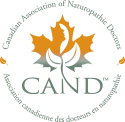|
What do you think? Would you agree?
Dr. Linus Pauling is the only person to have received two unshared Nobel Prizes. I'm not sure exactly how he came to this specific conclusion about nutrition but I'm sure it has some merit. If I could change it though I would say "nearly all disease can be traced to a NUTRITIONAL DEFICIT or EXCESS." And this is what I am always looking at with my patients. Nutrition is SO important. And if it is done well from the start of life to the finish, I believe a huge number of health concerns could be avoided. However, none of us are that perfect and that's okay. But that is part of my job - to help bring people as close to optimal health as I can from wherever they are at today. If you are interested in trying out some new healthy recipes, I have a 2021 recipe calendar available on my website called "A Recipe a Day". It is written by Canadian Holistic Nutrition Professionals and each recipe involves only 12 ingredients or less. Check it out at here!
0 Comments
Lung health is on many peoples minds these days with respect to Covid-19. And now there is forest fire smog in the air to add to that equation. So let's talk about it a little bit. Exposure to smoke can have a big impact on lung health. For example, after acute inhalation it may cause oxidative injury, airway edema, bronchoconstriction, decreased forced vital capacity, or increased inflammatory cytokines, to name a few things. Not every person will have the same experience, but some may develop difficulties.
Two important consequences from smoke exposure that I’d like to mention are Reactive Airway Dysfunction Syndrome (RADS) and Bronchial Hyper-responsiveness (BHR). Both involve inflammation in the lungs. And neither can be treated with beta-agonist or corticosteroid inhalers. RADS will follow irritant exposure and will present with new onset of cough, wheeze, chest tension, and labored breathing. BHR presents as easily triggered tracheobronchial spasm. Your doctor would need to take a history, do a physical exam and may order some special testing or imaging to confirm one of these diagnoses. How can your Naturopathic Doctor help with these conditions? · Chest physical therapy – such as percussion/tapotement, hydrotherapy, deep breathing, controlled coughing, and exercise therapy · Orthomolecular prescriptions at therapeutic dosages such as Vitamin D, quercetin, boswellia, bromelain, anti-inflammatories, and botanicals · IV Magnesium therapy We would also be happy to help if you are feeling down or stuck due to this added restriction in this crazy 2020 year. If any of this information is not something your ND is familiar with, feel free to send me a note and I’d be happy to pass more information on to them. With your best health in mind, Dr. Masters Any guesses what this is?
.... A star constellation? Nope! It is a tiny molecular structure made up of adenine, ribose, and phosphate - you might remember it from biology classes - it's called ATP and it is an energy producer. ⚡ Interestingly, the amount of ATP that you use on a daily bases is about your body weight in ATP!! That is an active molecule!!! And we would not be able to function without it! But where is it found and how does the energy production occur? Within the hundreds to thousands of mitochondria that you inherited from your mother and are found in all the cells of your body. Mitochondria are often overlooked in healthcare but they are so important! What is so neat about them is that they are always being destroyed and remade. This means they will not accumulate damage or mutations over time. However, if our body's become overburdened or overloaded with toxins or overworked, the mitochondria don't get the break they need to have this regeneration happen and they start to slow down. And thus, energy production slows down. That is why body breaks, fasting, and housecleaning 🧹 at a cellular level while nourishing those essential mitochondria may help slow down aging and improve energy and quality of life in almost every way! These little organelles are so fascinating and they're involved in so many interesting ways in our health... but I'll save the rest for another time #atp #energy #fatigue #mitochondria #health #aging #qualityoflife #giveyourbodyabreak #nerdalert Thank you Bruce Hay for this research! Naturopathic Medicine is part of a holistic approach to achieving better health outcomes.
I'm proud of my profession and what we do. There's nothing better than being part of the team that helps get people back to good health. Rich in quercetin, bromelain, Vitamin C, bioflavonoids, and so much more, this recipe uses the food and herbs you have at home for their fantastic medicinal benefits.
2 cups chopped Pineapple 2 cups Frozen Berries 7 Nettle Tea ice cubes * 1 peeled chopped Apple 2 large Dark Leafy Greens 6 leaves fresh Mint 1/4 tsp grated fresh Ginger 1/4 tsp grated fresh Turmeric (careful with staining) 1Tbsp fresh Lemon Juice 1Tbsp raw local Honey 5g elder berry juice powder 1 cup cooled nettle tea or water *Steep 1Tbsp dried nettle leaf per 1cup boiled water for 15min, strain and allow to cool to room temperature before pouring into ice cube trays to freeze. Save some tea to use in place of water in the smoothie. Blend together until smooth and enjoy daily! Adjust flavors to suit your preference. What is the connection between serotonin and gut bacteria?
Isn’t serotonin just that “happy chemical” found in our brains? Actually, the majority of our serotonin is found in our intestines! There are some little cells in the intestinal tract called “enterochromaffin cells” which is where we find most of it. But in order for these cells to produce serotonin, they need some help from the friendly bacteria that also live in our intestines. Did you know an adult human can have more than a kilogram of bacteria in their gut?! It’s a good thing too! Researchers have experimented with mice that don’t have any gut bacteria and have noticed much lower serotonin levels than mice who do. They also found out that if they re-establish their microflora, their serotonin levels return! But what is serotonin good for anyway? In the gut, it stimulates motility or movement, it promotes the growth and maintenance of the hugely important gut mucosa (which interestingly replaces itself every 48hours), it promotes neurogenesis, modulates the gut inflammatory response, influences osteoblastic activity, promotes hepatic regeneration, and impacts the development and survival of dopaminergic neurons in the enteric (gut) nervous system (to name a few things!). Outside of the gut, serotonin has a couple more minor roles ;), such as the regulation of our mood and of our sleep -wake cycle. Are you wondering by now how the serotonin in our intestines can affect our brain? It starts with activation from our autonomic nervous system (the same nervous system that tells our lungs to breath in and out). This causes the serotonin to be released from the cells in our gut. Then the enteroendocrine gut cells release some signals that can finally be used to communicate with the central nervous system (brain) via the large vagus nerve. Amazing stuff right? So what do you think? Are gut bacteria important? Do we want a kilogram of microbiota living in us? I’d say so! And this is only one of the reasons why a strong microbiome is important. However, sometimes our gut microbiota can become depleted or out of balance due to things like diet, antibiotic use, drug exposure, or stress...... “We want to keep people from danger…and we hem them in so much that there’s such fear of moving out of that and experimentation and adventure, that our lives just become stilted and stale.”
Living differently than that “is opening up (the) mind to culture, to spirituality, to the wide world that’s available to us as human beings. And we’ve got these little brains and we’ve got these little minds and bodies but they can expand into a powerful thing that can affect the people around us and we hope the generations that follow us.” “Life is so full of richness in so many directions. And yet it all takes creativity and imagination to bring these things into being. And to see the potential. To see what is there to be explored and expanded.” “(The soul) is the elemental part of us that makes us individuals. And it’s capable of being enriched and expanded. It’s a living thing. It’s not static. It’s hungry for richness and for information and for experience….that’s an essential part of the human being, is to have this capacity to move beyond ourselves.” “It takes courage to be a human being. It would be easy to protect yourself, easy just to sort of guard yourself and surround yourself with safe things. But that’s a very dry and uninteresting way to live. You have to take risks…. Otherwise (you’re) never going to experience the excitement of taking a risk and having it work out to be something wonderful.” Excerpts from an interview with Luci Shaw on “The Crime of Living Cautiously” 2019. Are the probiotics you’re taking living? Is the fish oil you take oxidized and supplementing you with heavy metals?
Which supplements to choose in a seemingly endless market of natural products is a very common question, especially now. And while I don’t endorse using supplements without the guidance of a healthcare practitioner, I know that most people are. So for those people, what are some things to watch out for on the label?
|
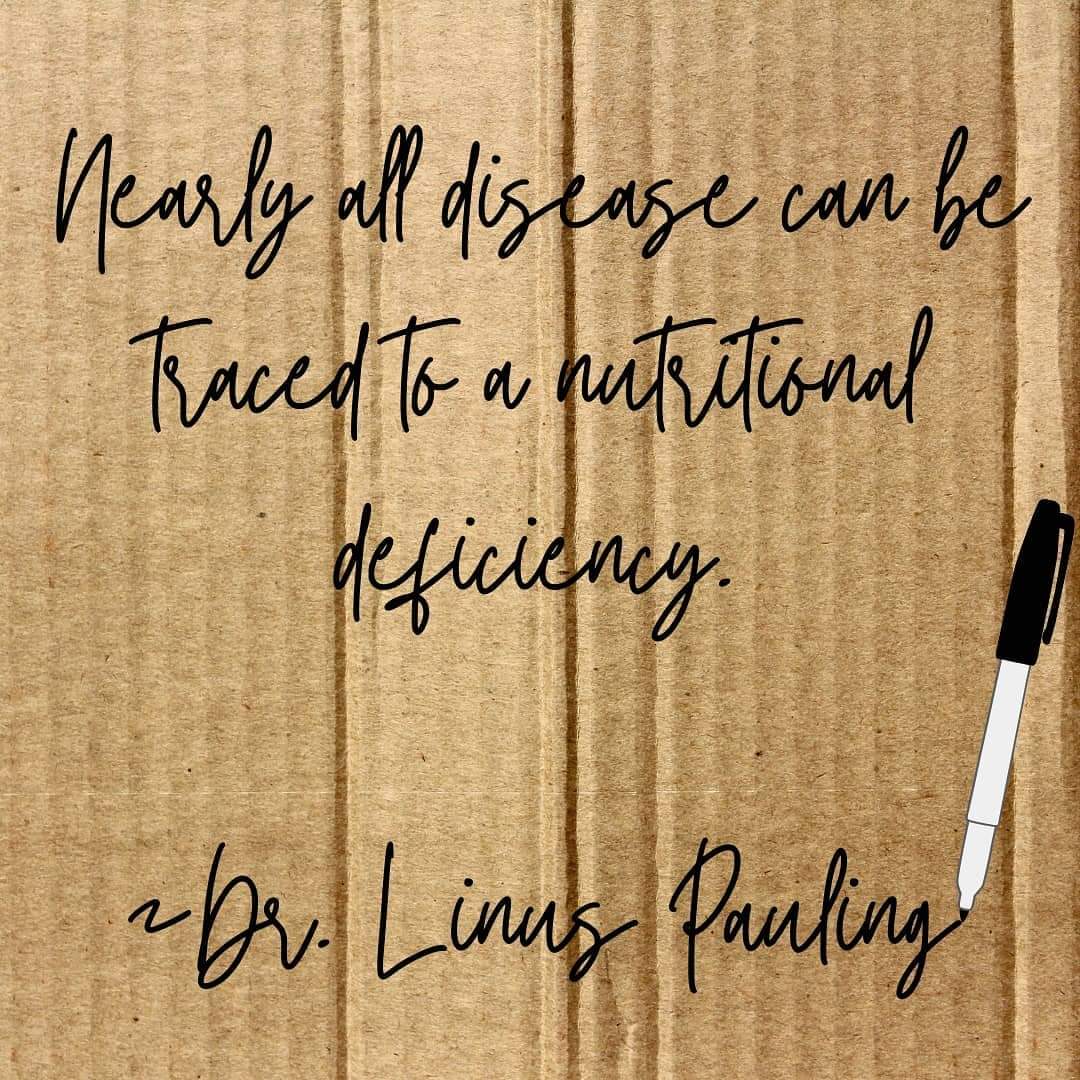

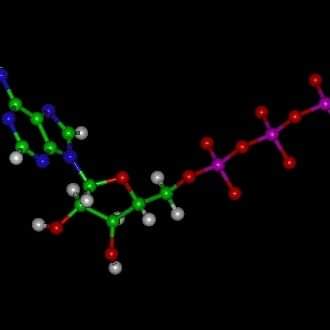
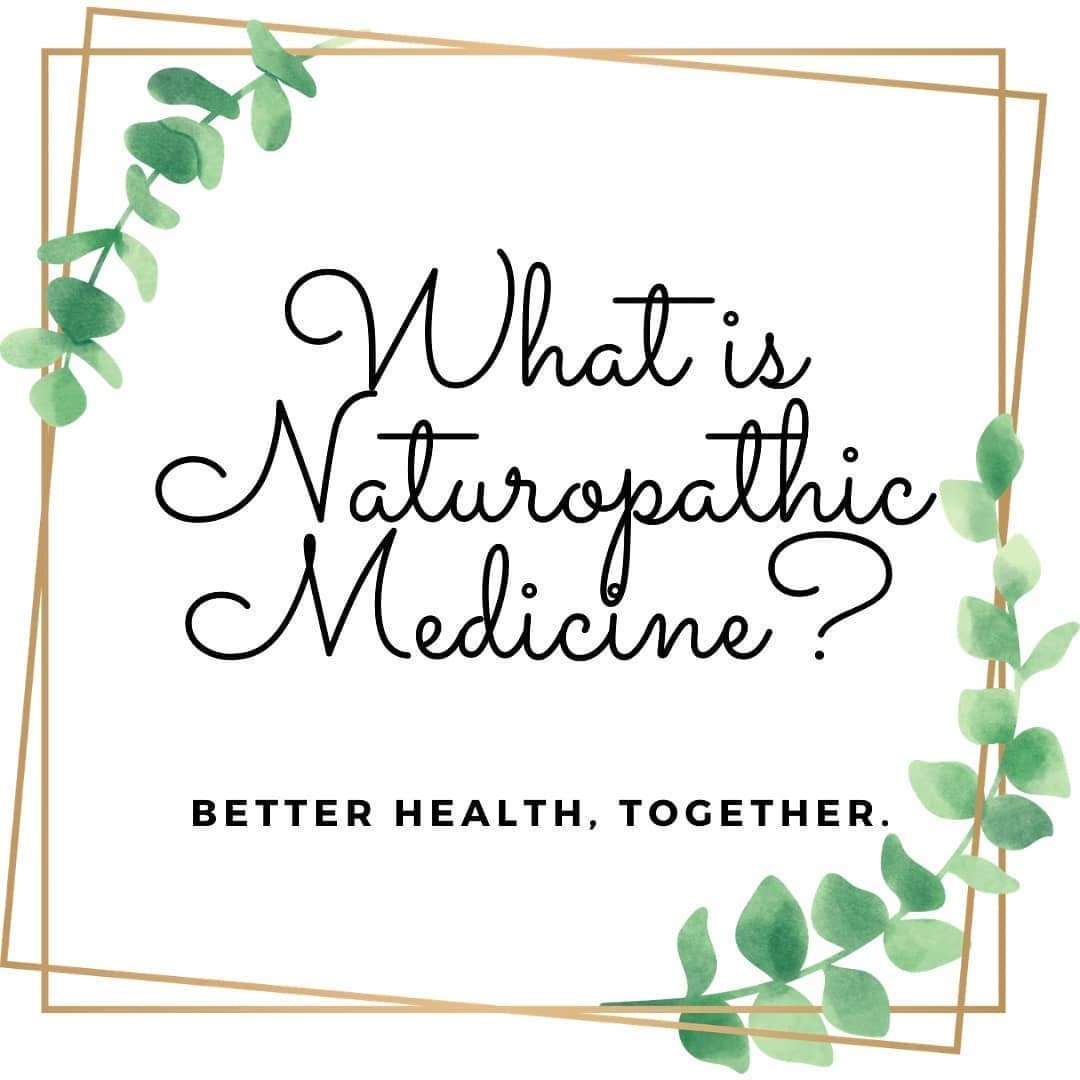
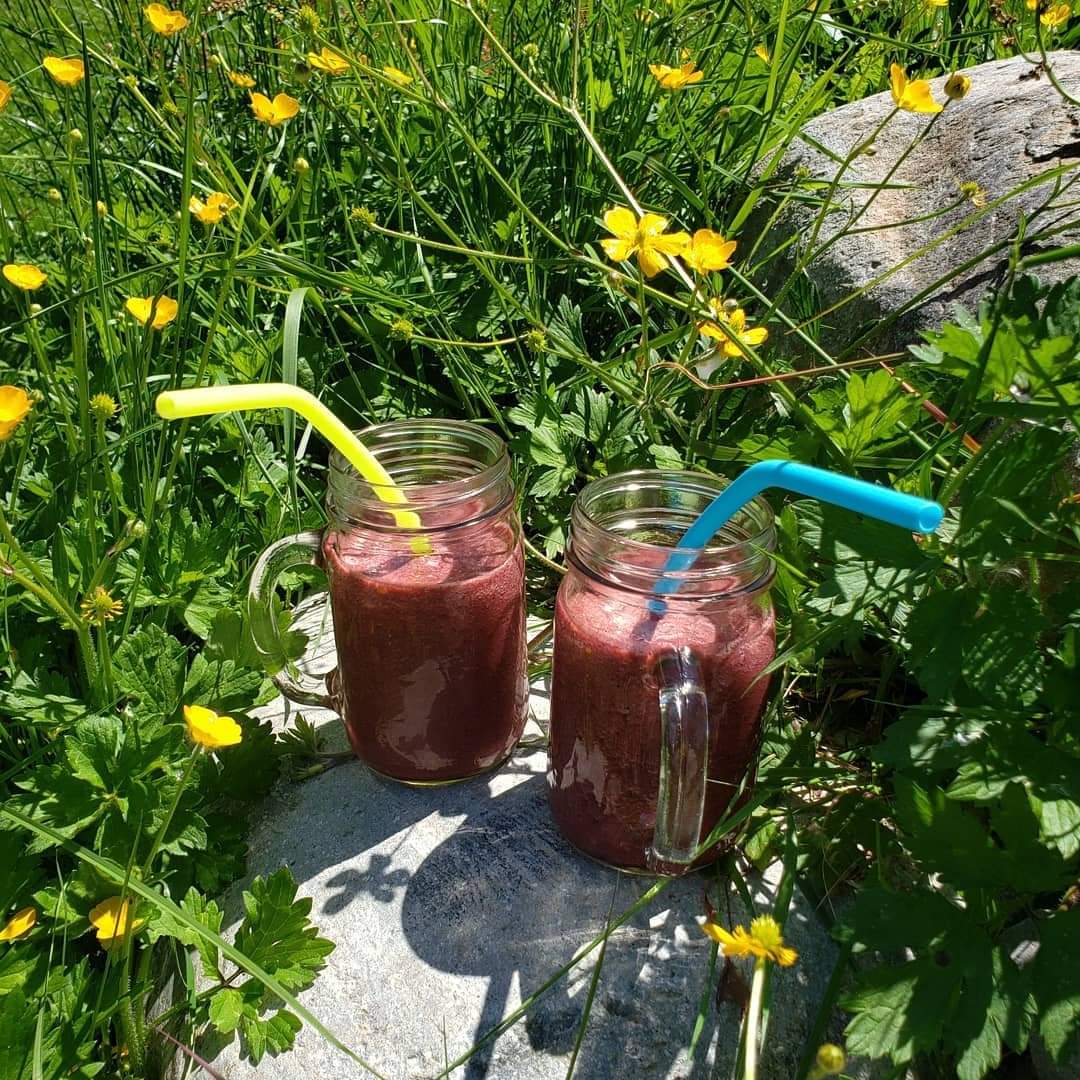
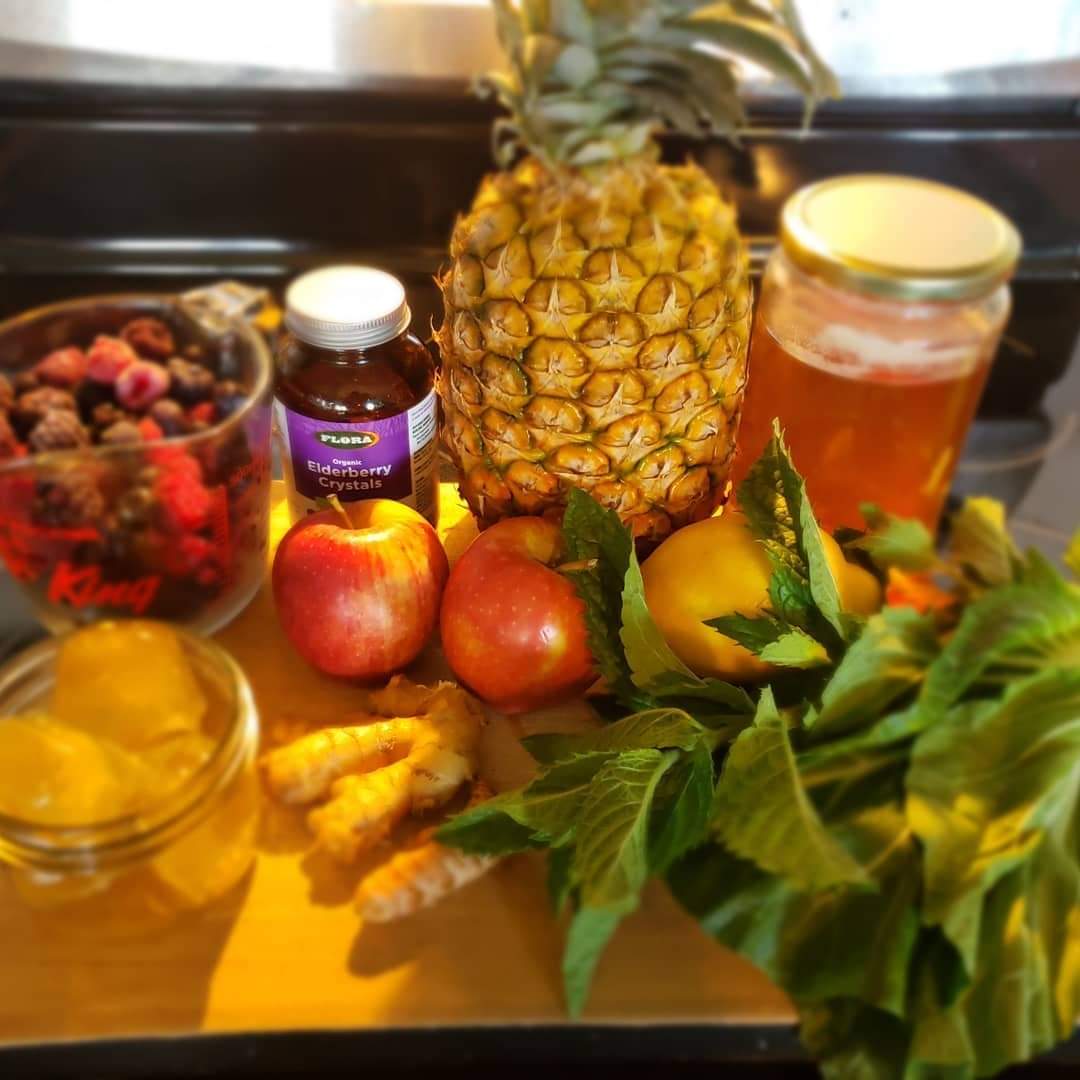
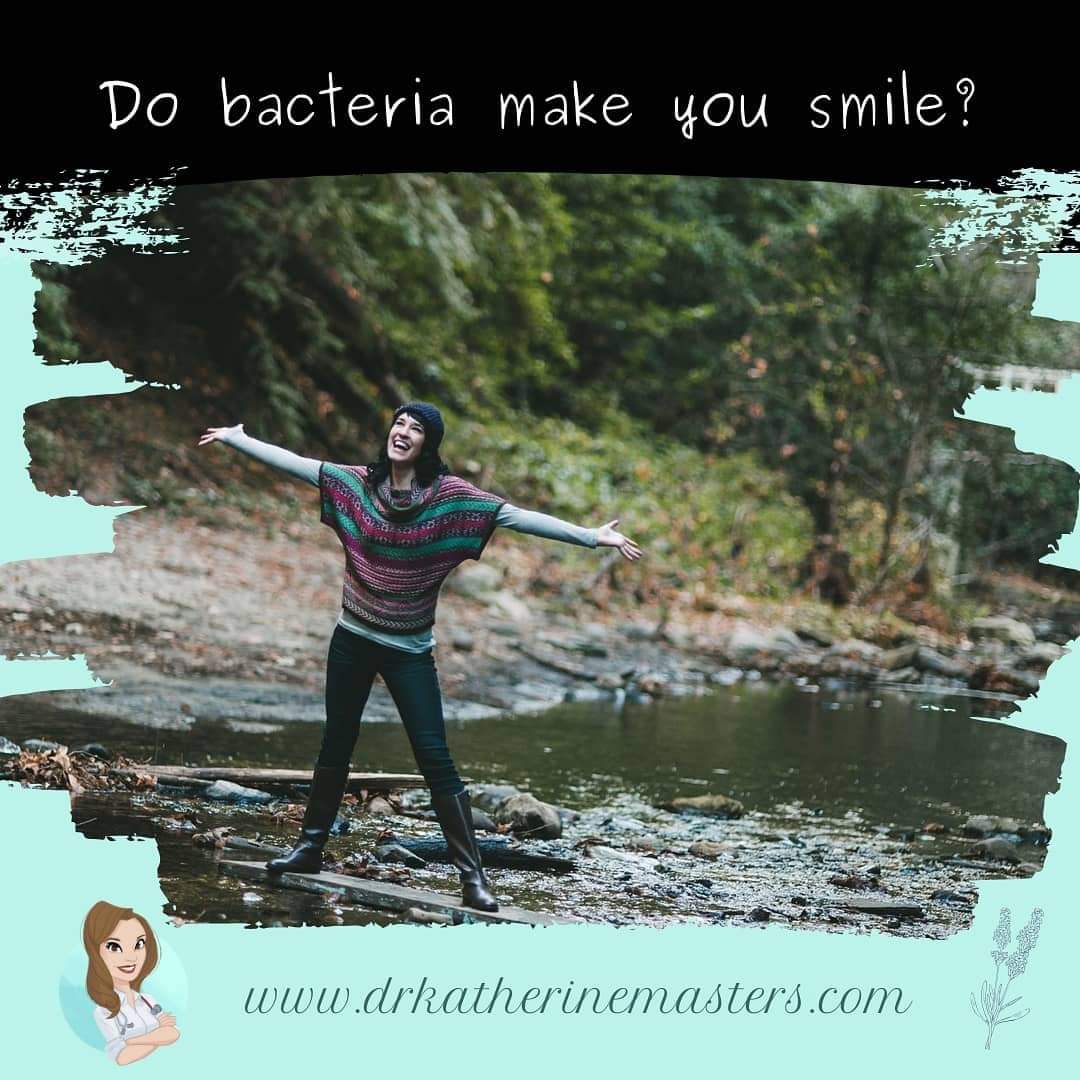

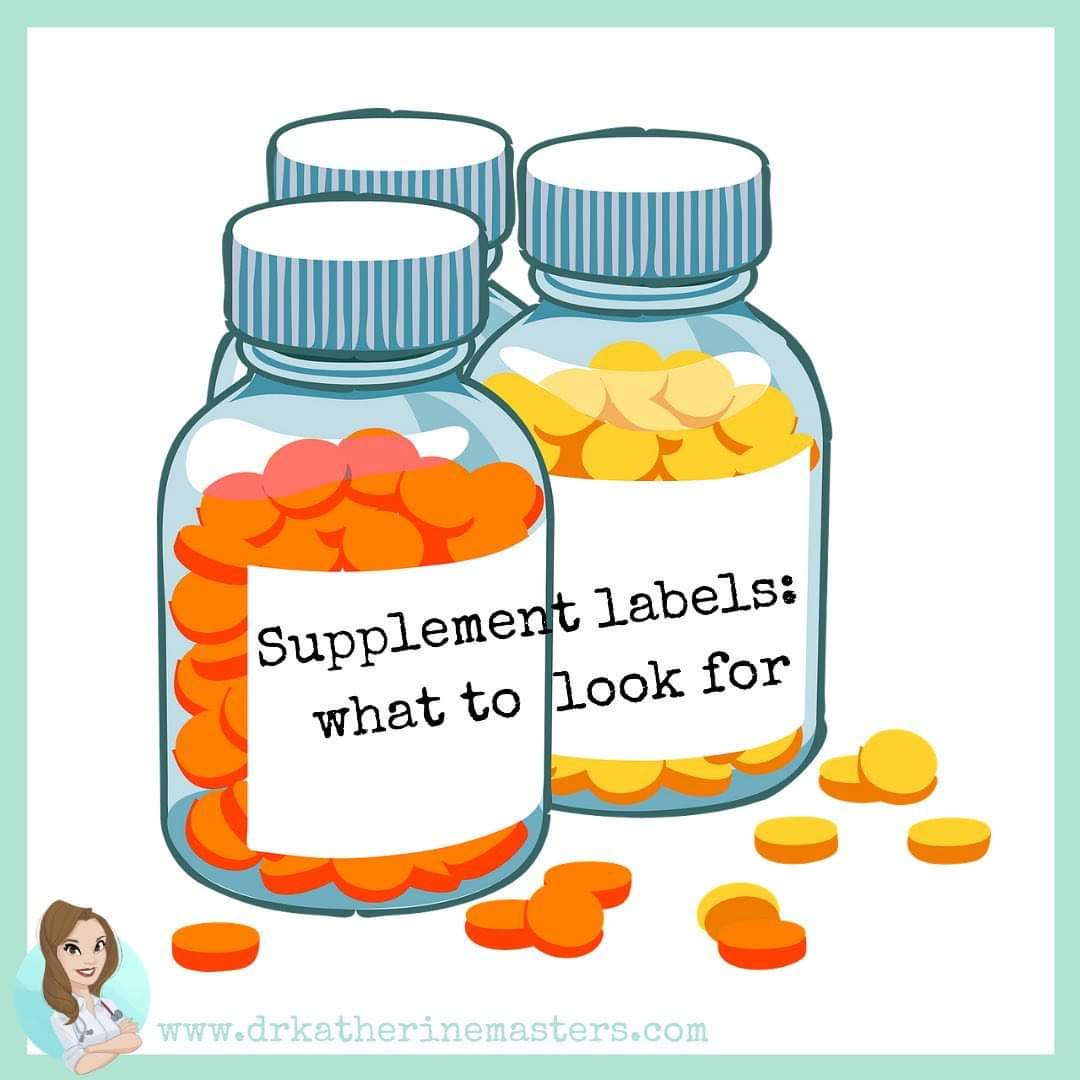

 RSS Feed
RSS Feed



